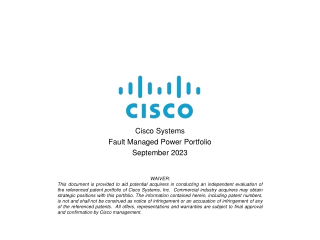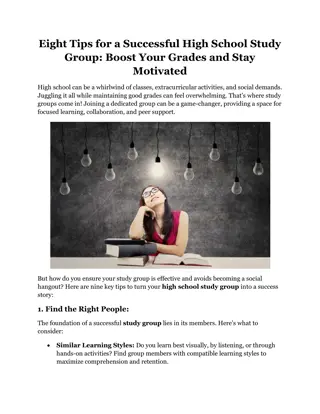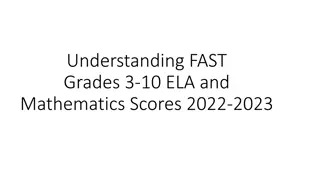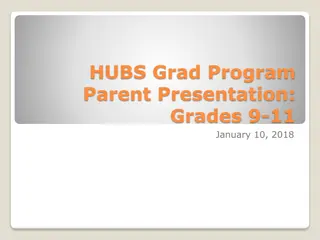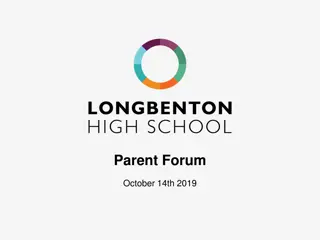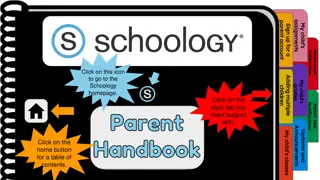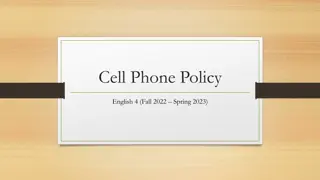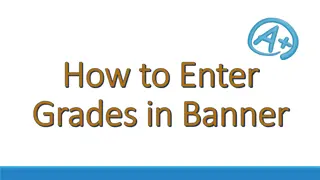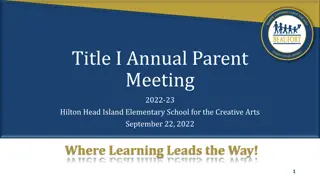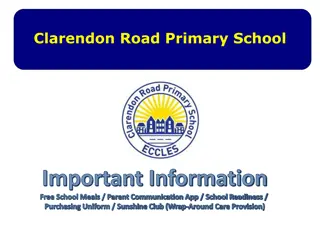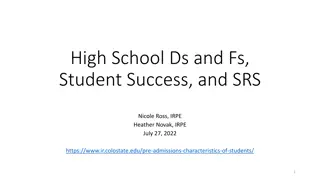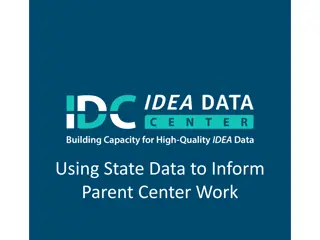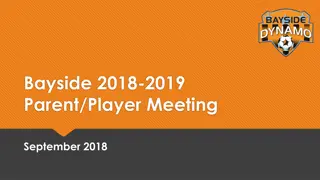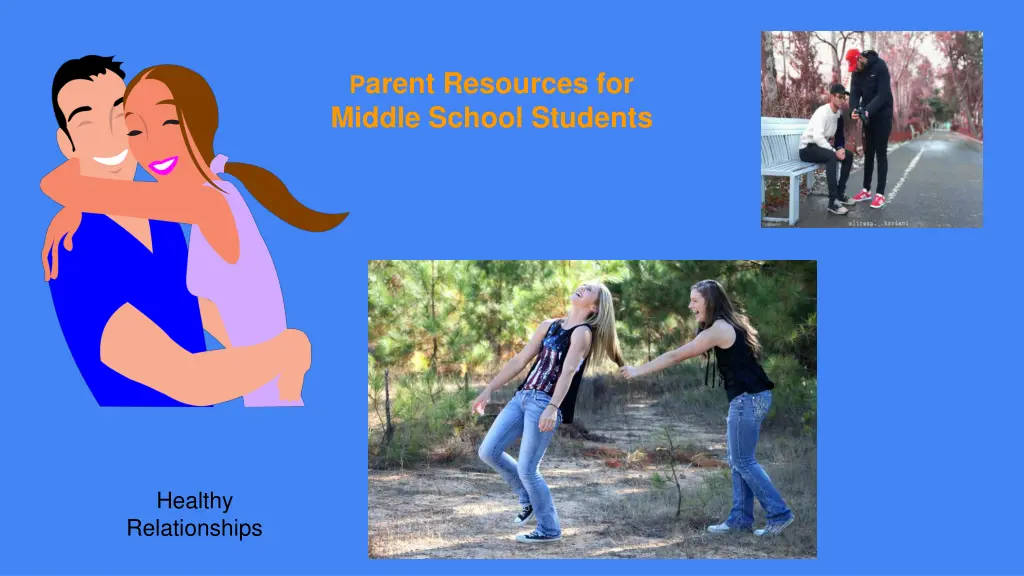
Talking to Middle School Students about Healthy Relationships
Educate middle school students about healthy relationships by emphasizing the importance of communication, consent, and boundaries. Encourage them to seek guidance from trusted adults, define sexual harassment, and discuss romantic relationships. Provide resources for parents on talking to teens about consent and online safety.
Download Presentation

Please find below an Image/Link to download the presentation.
The content on the website is provided AS IS for your information and personal use only. It may not be sold, licensed, or shared on other websites without obtaining consent from the author. If you encounter any issues during the download, it is possible that the publisher has removed the file from their server.
You are allowed to download the files provided on this website for personal or commercial use, subject to the condition that they are used lawfully. All files are the property of their respective owners.
The content on the website is provided AS IS for your information and personal use only. It may not be sold, licensed, or shared on other websites without obtaining consent from the author.
E N D
Presentation Transcript
Parent Resources for Middle School Students Healthy Relationships
Middle school Remember that it s a confusing time and that students might be hearing about sex and relationships from unreliable sources. Starting in middle school, students might hear about sex and relationships from their peers, or from the internet. and that can be confusing. In a health education context, remind them that it s OK to ask questions from adults they trust. It can be difficult for a middle schooler to parse it all on their own, says Lauren Schneider, a health educator for Somerville Public Schools in Massachusetts. Trusted adults can provide helpful guidance as teens learn to navigate all the different messages about sex they are receiving. Start defining what sexual harassment is. Schneider and her students talk through scenarios in which an adult bothers a child, and a child bothers another child. The emphasis, Schneider says, stays the same as it does with younger children: Nobody gets to touch you without your permission and you should be respectful of others boundaries, as well.
Emphasize the importance of talking with a trusted adult. At this age, some students think, Well adults just dont understand, Schneider says. I remind my students, though, that for teachers and parents, it s our job to keep them safe and that if they have an interaction they re uncomfortable with, with either a peer or an adult, they should tell an adult who they trust. Begin talking about romantic relationships. Kids might not be dating in middle school, but they re likely at least to be thinking about it. We talk about how if two partners are going to do something, they have to agree to do it together, be it holding hands or kissing, or even just talking, says Schneider. She also has kids practice responses when enforcing their own boundaries, so they have an internal script to follow when the need arises. Resources: Consent: It s as Easy as Tea (video) Teaching Consent Doesn t Have to be Hard Consent And Communication - YouTube
WHAT YOU NEED TO KNOW SEX TRAFFICKING AND SEXUAL EXPLOITATION: A TRAINING TOOL FOR PARENTS OF TEENS WHAT YOU NEED TO KNOW
Talking to teens about Consent 6 Resources to Help Parents Talk to Kids About Consent | National Sexual Violence Resource Center (NSVRC)
The Facts About Online Predators Every Parent Should Know | Common Sense Media
Additional Resources: This Can Happen in Any Family (Full Version) - Bing video Prevention Guides for Parents (enoughabuse.org) st_ny_interactive.pdf (enoughabuse.org) Advocate for the Issue - Darkness to Light (d2l.org) Preventing Child Sexual Abuse |Violence Prevention|Injury Center

